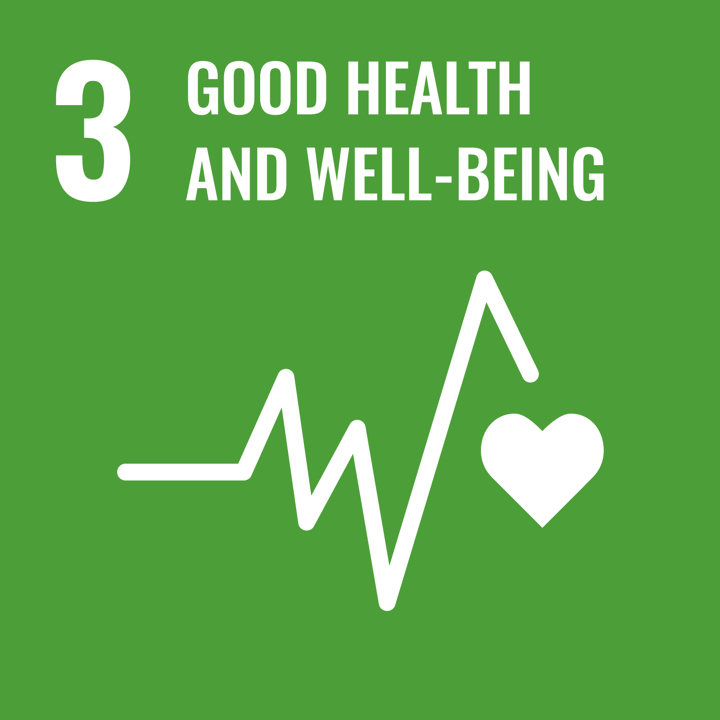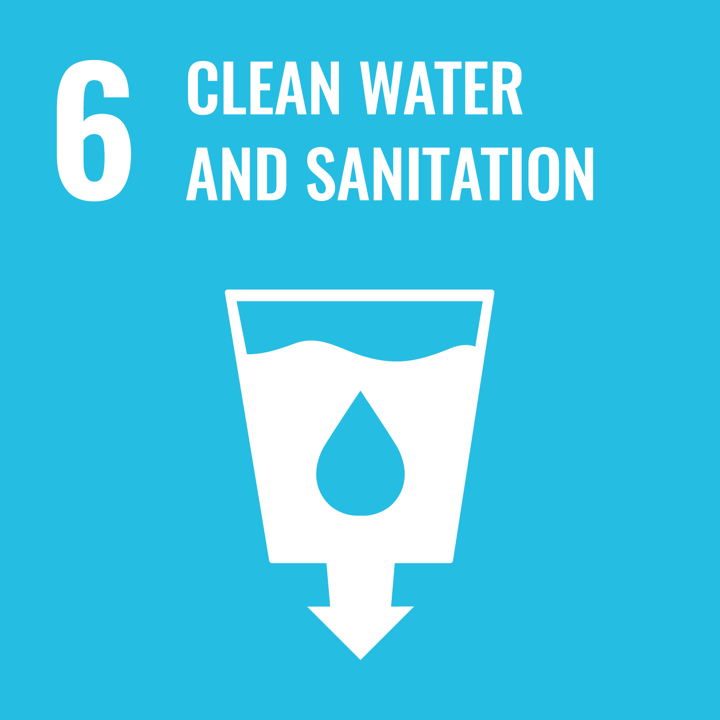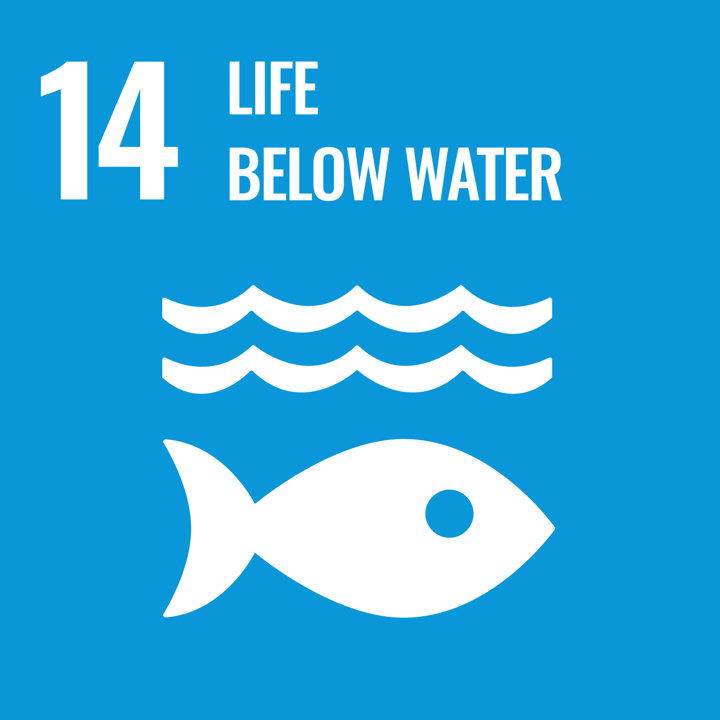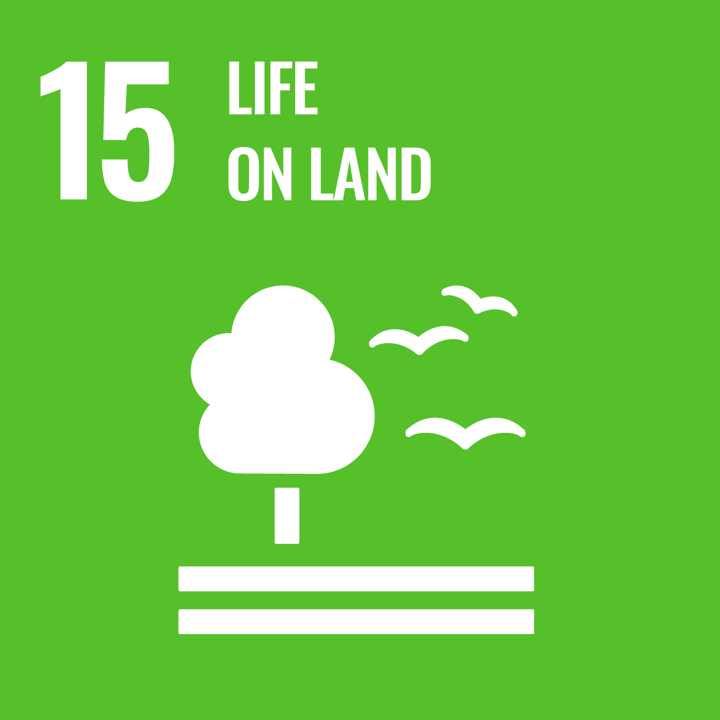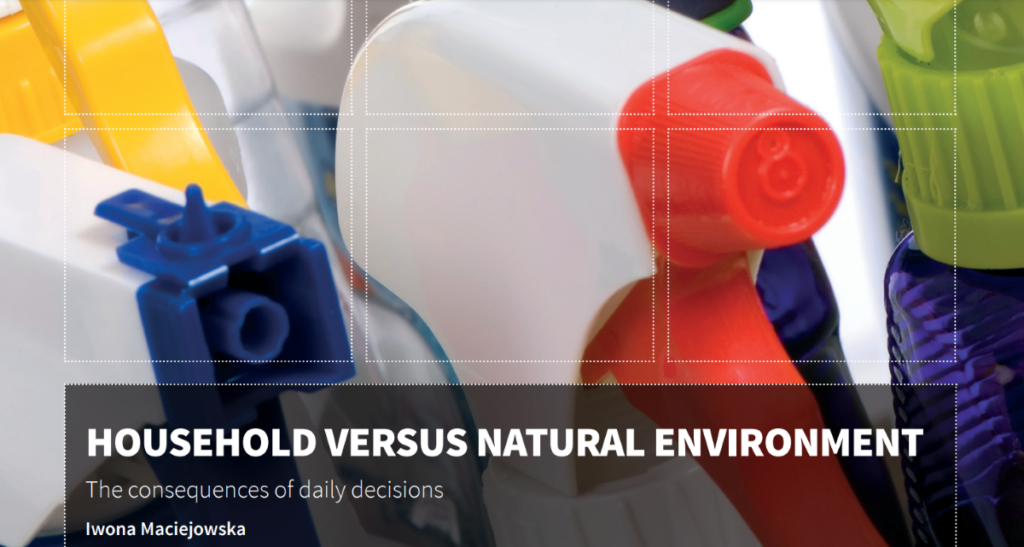
Vorgesehener Endnutzer: Lehrer
Altersgruppe: Sekundarstufe I; Sekundarstufe II
Lehrplan der Schule: Wissenschaft; Sozial- und Umweltwissenschaften
Themen und Fragestellungen: Verhalten und Lebensstil; Umweltveränderung; Ernährung und Landwirtschaft; Pädagogische Ansätze
Dauer: 1-Stunden-Lektion X 2
Art der Ressource: Bewertung, Experiment, Unterrichtspläne
Schlüsselwörter: Wasserqualität, Ökotoxizität, Haushaltschemikalien, forschungsbasiertes Lernen, Bewertung
Sprachen: Englisch
Beschreibung
Die Untersuchungs- und Bewertungseinheit Strategies for Assessment of Inquiry Learning in Science (SAILS) befasst sich mit den Umweltauswirkungen der Verwendung von Reinigungsmitteln im Haushalt und der natürlichen Umwelt. Die SchülerInnen untersuchen das Wachstum von Kresse unter verschiedenen Bedingungen und können so die Auswirkungen von häufig verwendeten Haushaltschemikalien auf die Umwelt bestimmen. Die SchülerInnen bewerten die Folgen der täglichen Entscheidungen, die sie in ihrem Haushalt treffen, und entwickeln so ein Verantwortungsgefühl für ihr Handeln. Diese Unterrichtseinheit wird sowohl für die Sekundarstufe I als auch für die Sekundarstufe II empfohlen, und zwar als angeleitete oder offene Untersuchung, die über zwei Unterrichtsstunden durchgeführt wird.
Diese Forschungs- und Bewertungseinheit ist Teil einer Reihe von forschungsbasierten Lerneinheiten zu Themen aus der Biologie, Chemie und Physik. Sie zeigen, wie Nachweise für das Lernen der SchülerInnen gesammelt und mit einer Vielzahl von Methoden bewertet werden können, z. B. durch Gespräche im Klassenzimmer, Beobachtung der LehrerInnen, Präsentationen, Peer-Assessment, Selbsteinschätzung, SchülerInnen-Artefakte und die Verwendung von Bewertungsrubriken.
Wie Sie diese Ressource nutzen können
Die Ressource beginnt mit einer vorgeschlagenen Erkundung des Vorwissens der SchülerInnen über die Auswirkungen von Reinigungs- und Waschmitteln auf die natürliche Umwelt. Konzepte wie Ökotoxizität werden eingeführt und alltägliche Gewohnheiten im Haushalt werden reflektiert.
Der offene oder angeleitete forschungsbasierte Lernansatz hatte zum Ziel, die Auswirkungen von Haushaltsreinigern und Waschmitteln auf die natürliche Umwelt zu untersuchen. Bewertungsstrategien und Rubriken erleichtern die Beurteilung des Lernerfolgs der SchülerInnen, einschließlich der Beobachtung durch die LehrerInnen, der Artefakte der SchülerInnen und der Selbsteinschätzung.
Das SAILS-Projekt konzentriert sich auf die Bewertung des forschenden Lernens von Schülerinnen und Schülern in den Naturwissenschaften und bietet eine Reihe von Bewertungsstrategien und begleitende Rubriken, die die Synapses-Teilnehmer anpassen können.
Die Ressourcen
SAILs Haushalt gegen die natürliche Umwelt PDF:
Die Website des SAILS-Projekts und weitere Ressourcen zum forschenden Lernen und zur Bewertung können hier abgerufen werden:
Lernergebnisse (Lehrkräfte)
- Abfrage des Vorwissens und Weiterentwicklung von Wissen und Verständnis von Schlüsselkonzepten der nachhaltigen Bürgerschaft, wobei etablierte Weltanschauungen und Werte in Frage gestellt werden.
- Anwendung einer Reihe von geeigneten Instrumenten und Rahmenwerken zur Förderung des bürgerschaftlichen Engagements von Studierenden im Bereich Nachhaltigkeit
- Entwicklung und Anwendung von Beurteilungskriterien zur Bewertung des bürgerschaftlichen Engagements für Nachhaltigkeit bei Schülern.
Grüne Kompetenzen
- Nachhaltige Werte verkörpern: Wertschätzung der Nachhaltigkeit; Förderung der Natur
- Komplexität in der Nachhaltigkeit berücksichtigen: Systemdenken; Problemstellung
- Visionen für eine nachhaltige Zukunft: Forschendes Denken
- Handeln für Nachhaltigkeit: Individuelle Initiative
Creative Commons
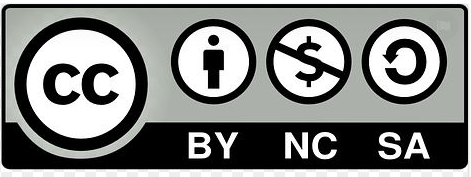
Die SAILs Household Vs Natural Environment wurde vom SAILS Erasmus+ Projektteam erstellt, koordiniert vom DCU CASTel Forschungszentrum. Sie wird hier unter Creative Commons Attribution-Non-Commercial Share-Alike 4.0 International Licence veröffentlicht.
SDGs
